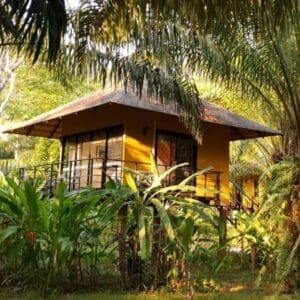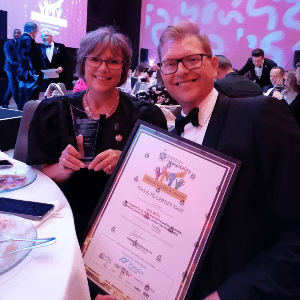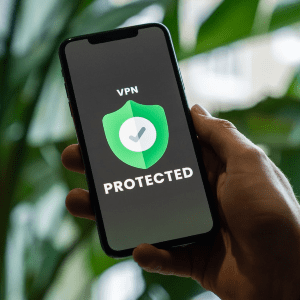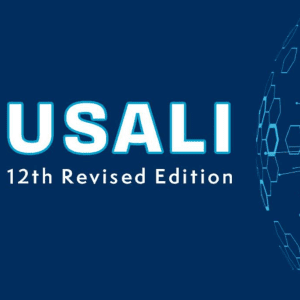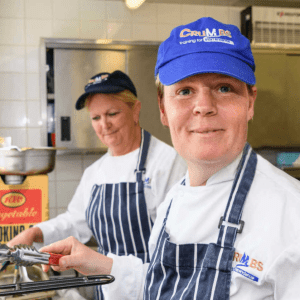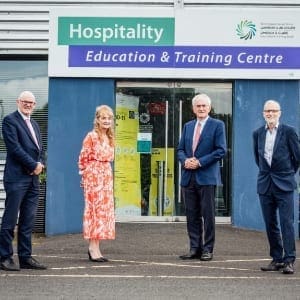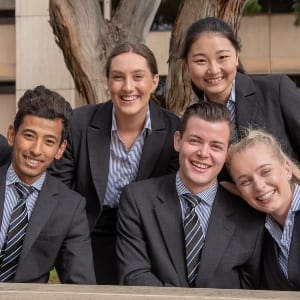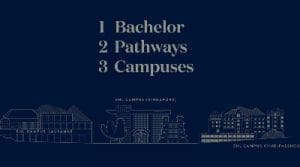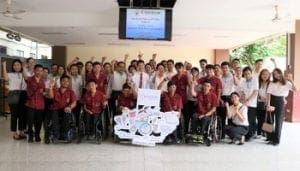 Three out of four US business travelers (76%) said they’d prolong a work-related trip for leisure if a hotel offered a discount or additional nights, showing strong potential for extended-stay enticements to generate more hospitality industry revenue.
Three out of four US business travelers (76%) said they’d prolong a work-related trip for leisure if a hotel offered a discount or additional nights, showing strong potential for extended-stay enticements to generate more hospitality industry revenue.
The same percentage of road warrior business travelers, 76%, said they’d extend a trip for leisure if a hotel offered the chance to have a friend or family member join at a discounted rate.
“One area of travel is particularly ripe for opportunity,” said COLLOQUY Editor in Chief Jeff Berry, author of the travel report. “There’s tremendous potential to generate additional revenue from business travelers by encouraging them to stay for a leisure component. They’re open to the idea; the trick is creating an incentive for them to add more personal time.”
COLLOQUY’s travel-habits research also includes a look though the viewfinder of the millennial consumer, born between 1981 and 1997.
The research shows the type of place millennials like to visit is different from the general population, especially millennials in the 18-24 age bracket. This key demographic is significantly more attracted to destinations with cultural or historical significance (76% versus 63% of the general population), large metropolitan areas (58% versus 45%), access to adventures like scuba diving and hiking (59% versus 45%) and festivals or regional events (66% versus 49%).
In other key results:
• Nearly one in five consumers (19%) said they would scrap their travel plans upon encountering add-on charges when booking with loyalty points.
• 74% of Americans said having a unique experience is the most important reason for taking a vacation, topping rest and relaxation at 69%.
• Men placed more importance on vacationing for rest and relaxation than women (72% versus 67%).
• Perhaps surprisingly, men placed more value on romantic travel surroundings than women (46% versus 41%).
Travelers’ reliance on mobile devices doesn’t cease upon arrival at a destination. Seventy-three percent said they tap mobile to check hotel reservation details, while 71% use mobile to navigate a downtown area, 66% use it to find attractions and 54% use it to search phrases in local languages.
The COLLOQUY survey results are based on an online survey completed in May 2016 of 2,000 American consumers. The margin of error is +/- 3% at a 95% confidence level.










